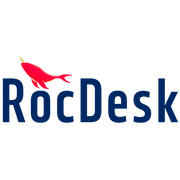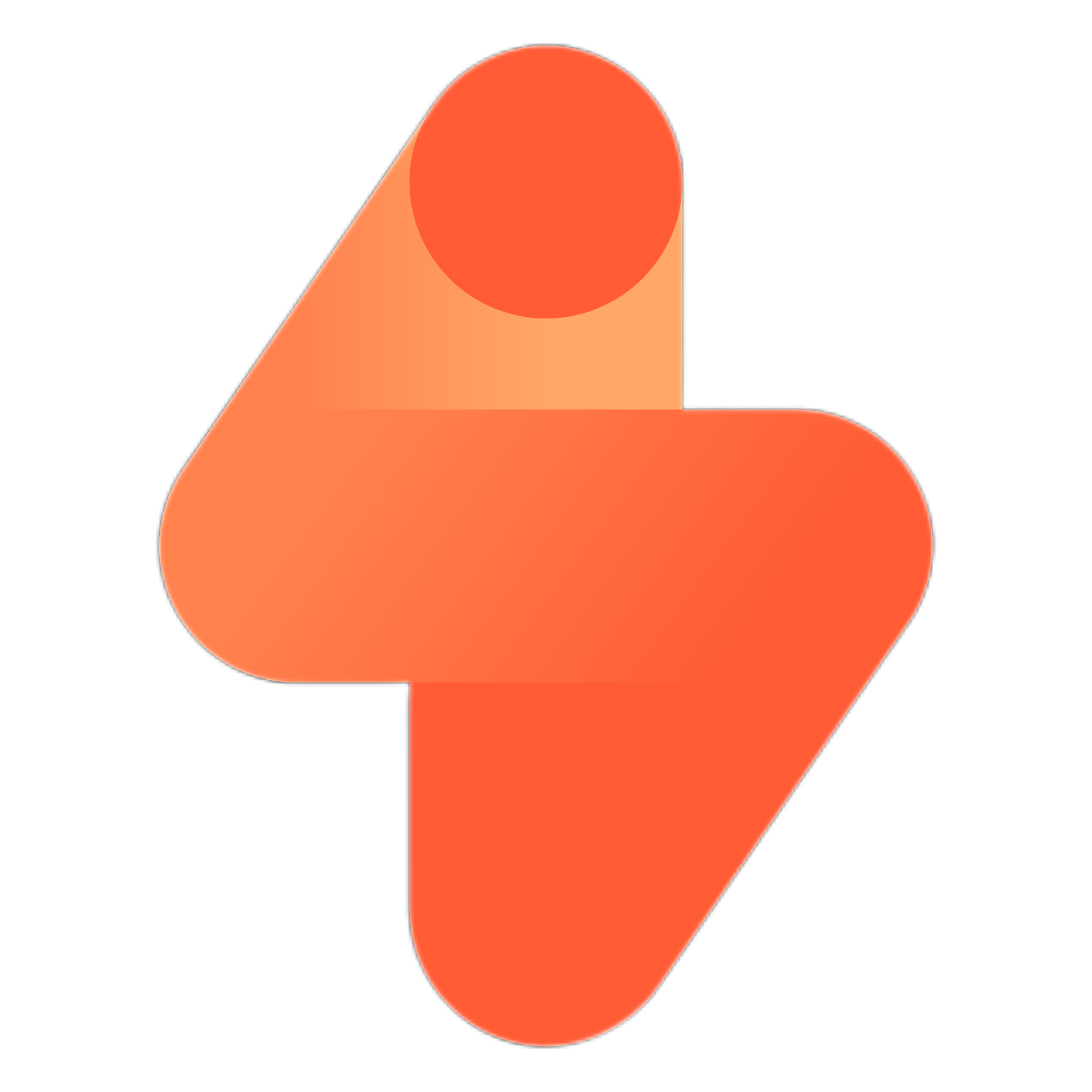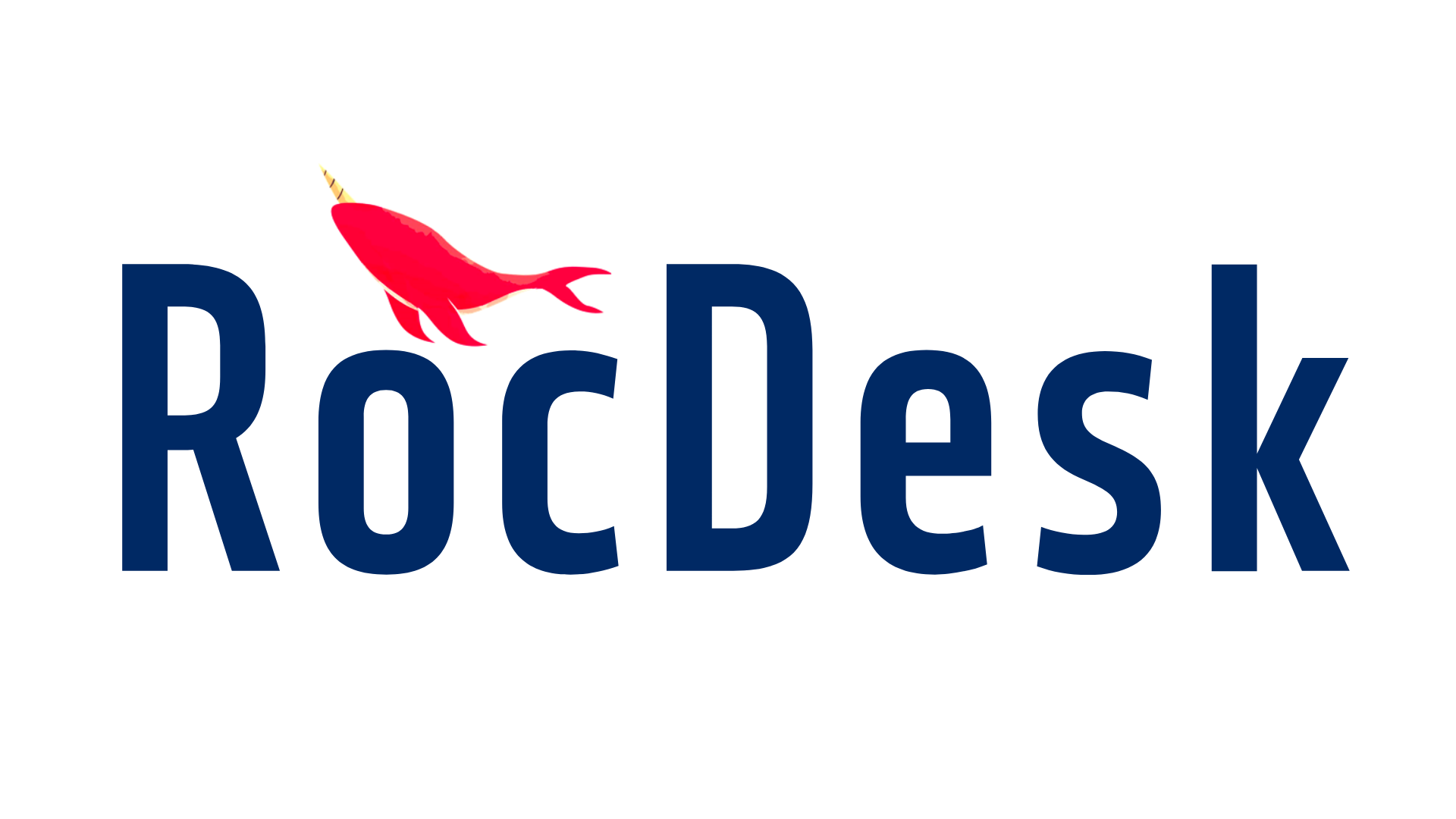If you're looking to level up your sales team’s performance, turn to artificial intelligence. Although only 37% of all sales organizations currently use AI in sales processes, more than half of high-performing sales organizations leverage AI.

That doesn’t mean fully automating your sales jobs. Instead, AI tools can help your team save time and put more energy toward selling.
In this post, you’ll learn everything you need to know to get started with AI in sales — what it means, why you need to leverage it, and 5 powerful applications for your sales process.
What is AI in Sales?
The Need for Automation in Sales
The Benefits of Automation in Sales
5 Ways Your Team Can Use AI in Sales
3 Popular AI Sales Tools
What is AI in Sales?
AI in sales uses artificial intelligence to simplify and optimize sales processes. This is done using software tools that house trainable algorithms that process large datasets. AI tools are designed to help teams save time and sell more efficiently.
Artificial intelligence algorithms learn from and apply data in various ways, including
Performing specific tasks and decision-making functions.
Predicting behavior and making suggestions based on historical and current data.
Interacting with humans intelligently.The Need for Artificial Intelligence in Sales
The Need for Artificial Intelligence in Sales
An estimated 33% of an inside sales rep’s time is spent actively selling. Administrative to-dos and meetings can pull these professionals away from prospects. Artificial intelligence presents a compelling opportunity to improve this stat and level up your sales operation.
Business leaders are already catching on. A recent Salesforce study found that AI is one of the top sales tools considered significantly more valuable in 2022 compared to 2019. Forrester also predicts that the market for AI-powered platforms will grow to $37 billion by 2025.
AI can assist with a number of sales functions, including:
Adapting quickly to buyer needs. Teams can more quickly adapt to increased buyer sophistication and changing buyer journeys.
Personalization. AI tools collect and glean insights from hundreds of data points. With this information, you can more successfully target your different personas.
Accessing real-time data. AI gives your team instant access to data. You can also create a source of truth that ensures accuracy and validity.
Gathering information from multiple platforms. Today, sales outreach efforts span multiple channels. AI can help your team track all your prospects, wherever you find them.
According to most sales reps, digital transformation has accelerated over the last 3 years. Specifically, sales technology needs have changed significantly within this period. Artificial intelligence has therefore emerged as necessary to successfully adapt to the changing sales landscape.
The Benefits of Artificial Intelligence and Automation in Sales
Artificial intelligence and automation have been proven to be great revenue drivers. A Rocdesk survey found that 61% of sales teams that exceeded their revenue goals leveraged automation in their sales processes.
And this isn’t a single or one-off application. Successful teams bake AI into their strategies. A study by The Hinge Research Institute found that high-growth companies are more likely to have mature marketing and sales automation strategies than their peers.
Aside from simply driving revenue, key benefits of AI and automation include:
Improving efficiency. Consulting firm Delloite found that for the majority of top-level users, efficiency is the main benefit they seek to gain from AI adoption. Of teams using AI, 33% reported that they made organizational processes more efficient to a high degree.
Eliminating time-consuming administrative tasks. A study by Mckinsey found that about 30% of sales tasks can be easily automated using existing sales technology, including artificial intelligence.
Enabling accurate sales planning and prediction. For more than half of salespeople, forecasts are considered the most important data insight they glean from their sales analytics tool. AI and automation can help you to enhance the sales planning process in several ways, including AI-based insights and predictive intelligence.
Increasing job satisfaction. AI can also positively impact your team’s morale. In fact, 82% of respondents in a 2022 Delloite survey said they strongly believed AI would enhance their job performance and satisfaction.
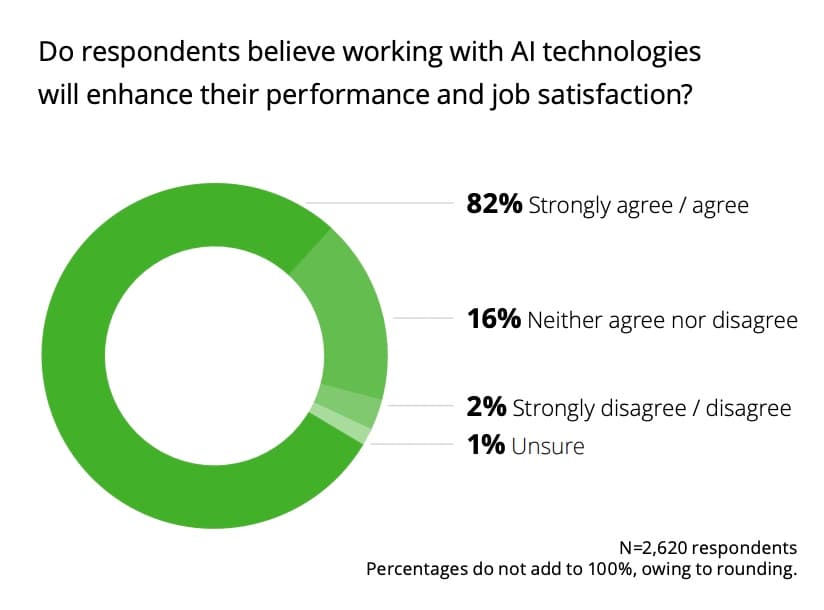
5 Ways Your Team Can Use AI in Sales
Artificial intelligence in sales can be leveraged in many different ways. However, here are five applications that can transform your sales process.
1. Access to advanced data enrichment, analysis, and applications.
Data enrichment is the process of pulling data into an organization's database (typically a CRM) from third-party sources. The goal of this process is to create a more holistic, comprehensive, and accurate understanding of a prospect, lead, customer, or process.
Artificial intelligence allows you to optimize this process by organizing and applying this data effectively.
Another interesting application of AI in data enrichment is Zoho’s DataPrep solution which analyzes and transforms data into new “types.”
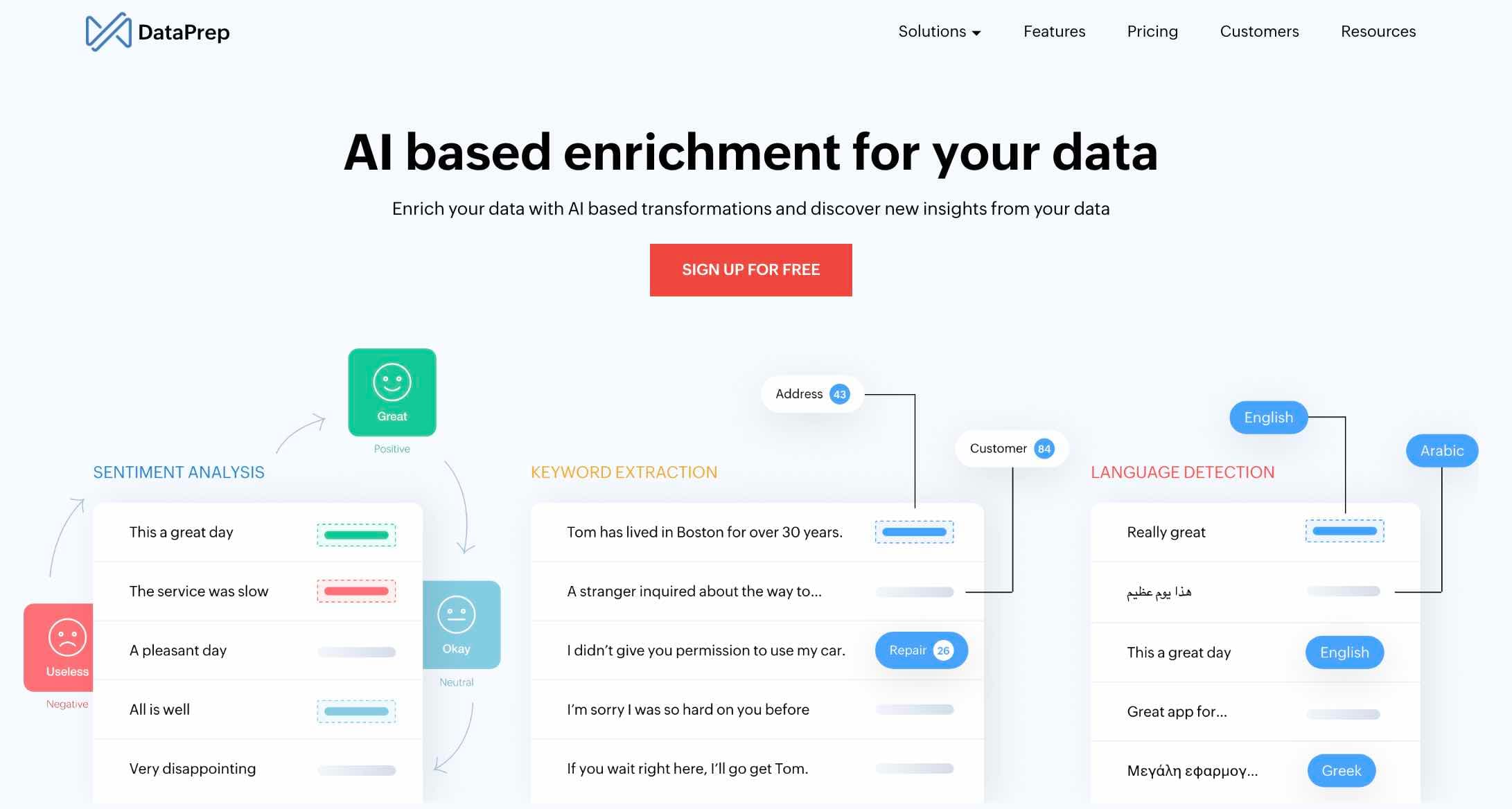
Zoho uses AI to extract “meaning” from existing information in a CRM and uses its findings to create new data points, such as lead sentiments and topics of interest. These “new” data points can then be leveraged across several use cases. That includes lead scoring, lead prioritization, and outreach personalization.
2. Enhance performance with AI-powered conversation intelligence.
Most sophisticated conversation intelligence software leverage some form of artificial intelligence to analyze sales calls and pull key insights.
A great example of one of these tools is Rocdesk’s conversation intelligence solution. This platform uses AI to “uncover the why behind sales performance.”
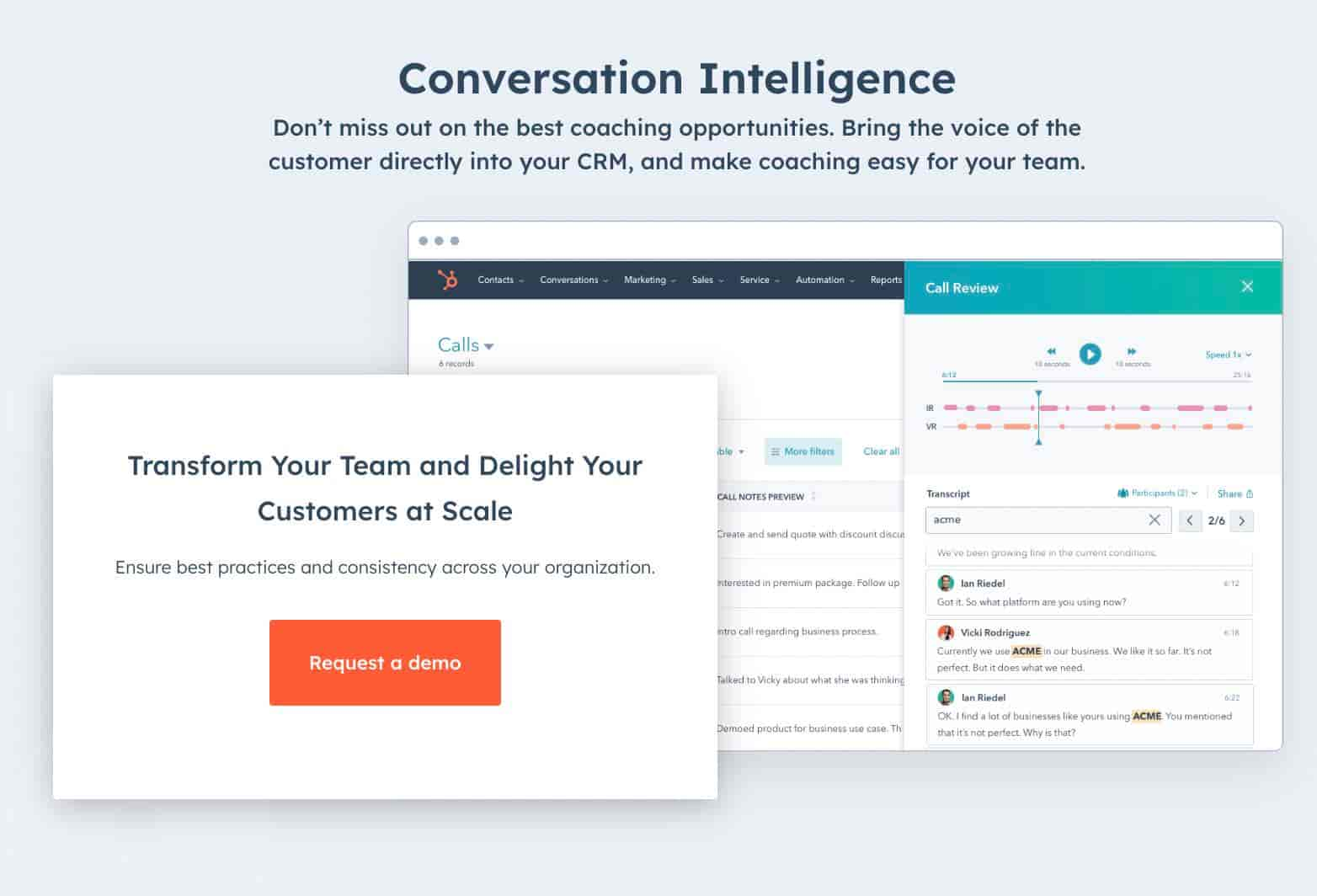
The program identifies key insights, such as trends and objections. This data can then be used to easily pinpoint areas of weakness or underperformance.
Another example of an AI-powered conversation intelligence tool is Chorus. This platform leverages artificial intelligence to recognize the context within a conversation, identify key moments within sales calls, and even note competitor mentions.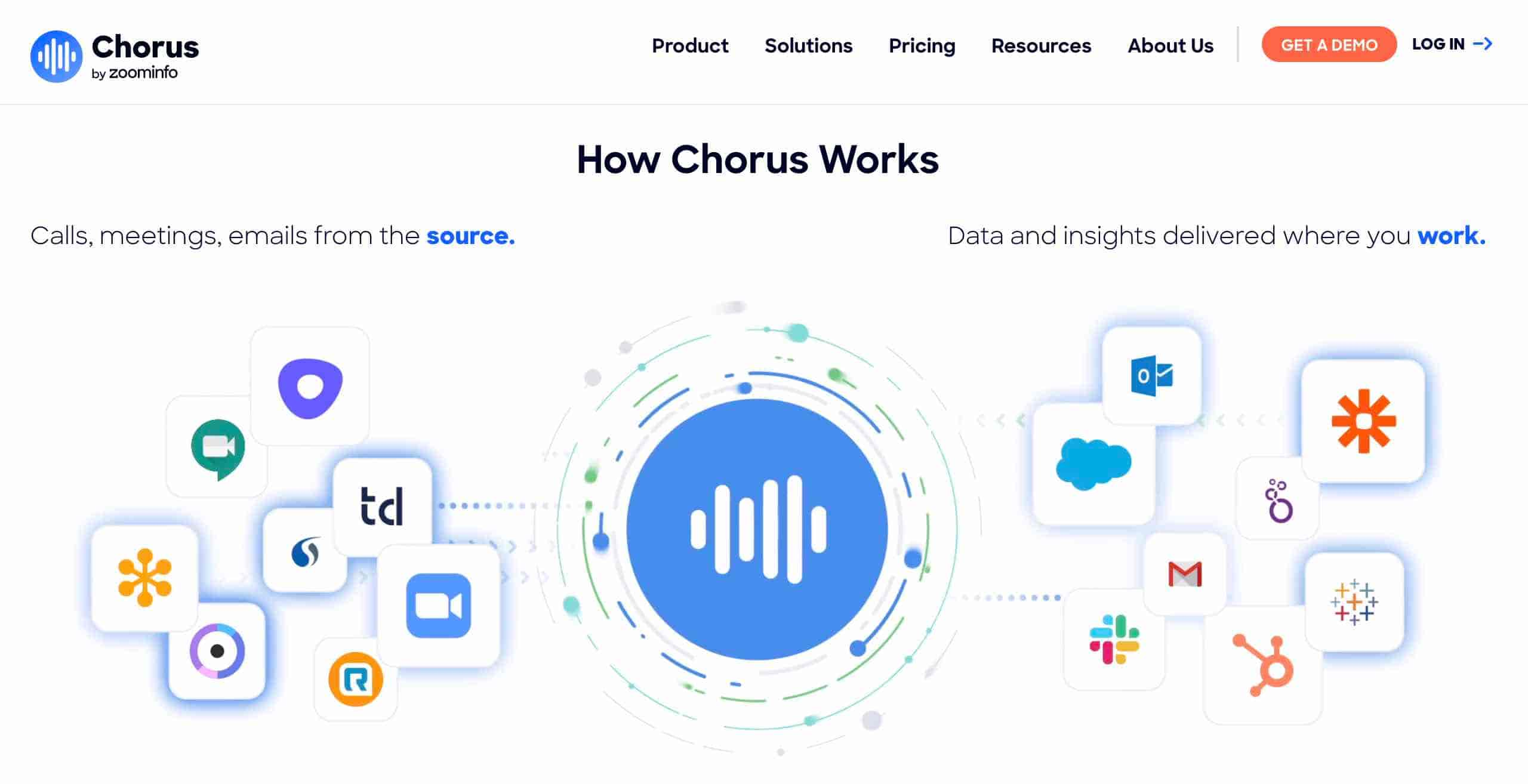
3. Automate and optimize sales enablement.
Sales enablement is the process of providing your salespeople/sales teams with the right resources and tools to empower them to close more deals. This can be done in many ways and using different software. The tools you choose will depend on which aspect of the sales process you need to optimize or automate.
Take responding to RFPs (Request for Proposals) as an example. Loopio’s “2021 RFP Response Trends” survey found that businesses send out an average of 150 RFP responses a year and these responses generate 35% of their revenue.
However, crafting and submitting effective responses can be extremely time-consuming, considering that these proposals require a lot of data. Sales enablement in such an instance involves providing solutions to manage this process.
Artificial intelligence, specifically, provides several opportunities for streamlining and optimization.
For example, RocketDocs leverages AI to help its users build and manage dynamic content libraries. This tool surfaces relevant information when necessary, and even automatically pulls data from these libraries into proposals.
Aside from RFP solutions, AI can also be leveraged to improve sales enablement through sales intelligence solutions, sales outreach platforms, and even CRMs.
4. Improve pipeline management and forecasting.
Although most sales reps follow best practices and periodically run sales forecasts, recent data has found that the majority of sales reps inaccurately forecast their pipeline. However, leveraging artificial intelligence allows you to significantly reduce the probability of inaccuracies in your sales team.
Consider Aviso, an AI-driven forecasting solution, to understand how this works.
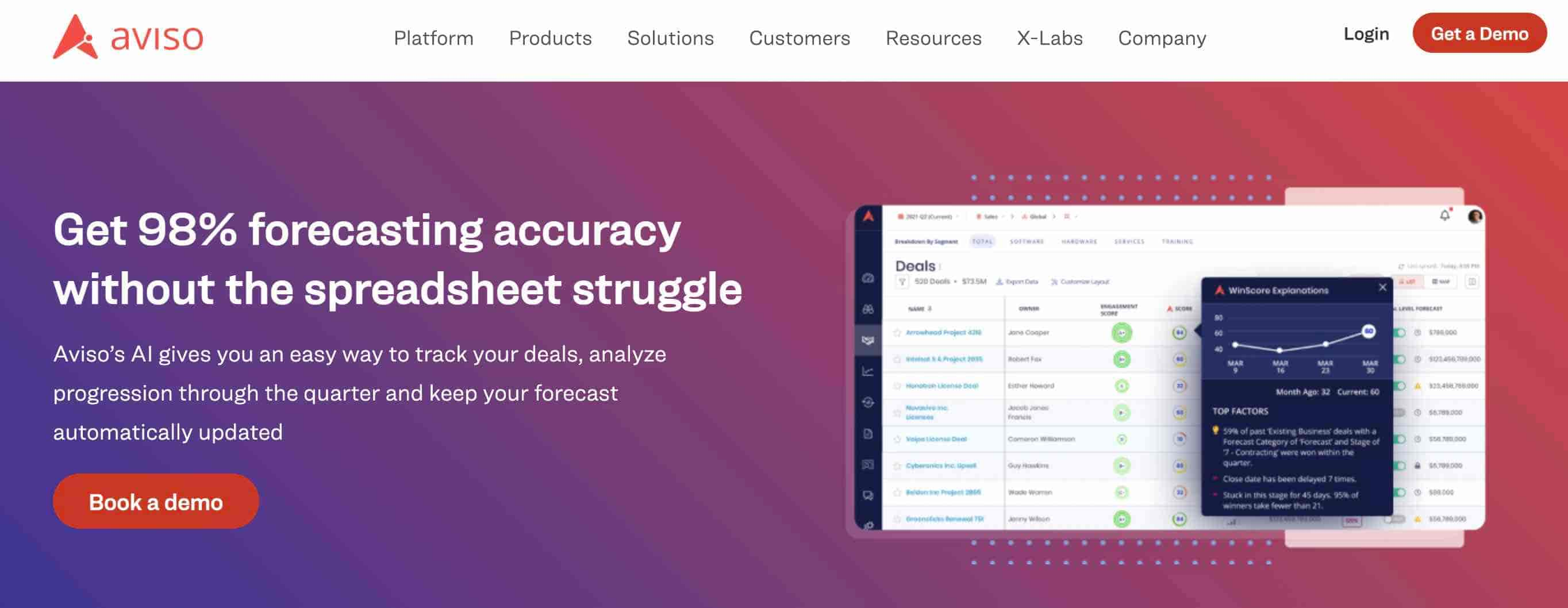
Aviso uses AI to analyze data and produce insights into deals and the overall pipeline. Some of these AI applications include:
WinScore Insights. This is a score that represents the likelihood of successfully closing a deal
AI-powered forecasts. This can be used to predict the total number of new deals, renewals, and churn within a fixed period.
Scenario forecasting. These dynamic forecasts take “what if” scenarios into account.
AI-powered suggestions. These insights account for historical and current performance.
These AI-powered features can be the key differentiator in how well a sales team can build forecasts, draw insights from these forecasts, and make decisions.
5. Streamline and optimize sales engagement.
Sales engagement consists of all buyer-seller interactions within the sales process — from initial outreach to customer onboarding. There are two ways AI can help you leverage data and insights to streamline this process.
First, AI can help you understand customer needs and pain points.
The top use case for AI in sales is to help representatives understand customer needs, according to Salesforce’s State of Sales report. Your knowledge of a customer’s needs informs every decision you make in customer interactions — from your pitch to your sales content and overall outreach approach.
Second, AI aids in personalizing and automating customer interactions.
A great example of a sales engagement solution that helps you do this is Apollo. You can leverage AI on this platform to:
Set up automated outreach messages using pre-defined customization fields.
Optimize the performance of your outreach by running A/B tests.
Access AI insights on your outreach campaigns, such as a prospect or lead’s interest level.
Leverage the “rules engine” to update pre-determined sequences or outreach campaigns once certain criteria are met.
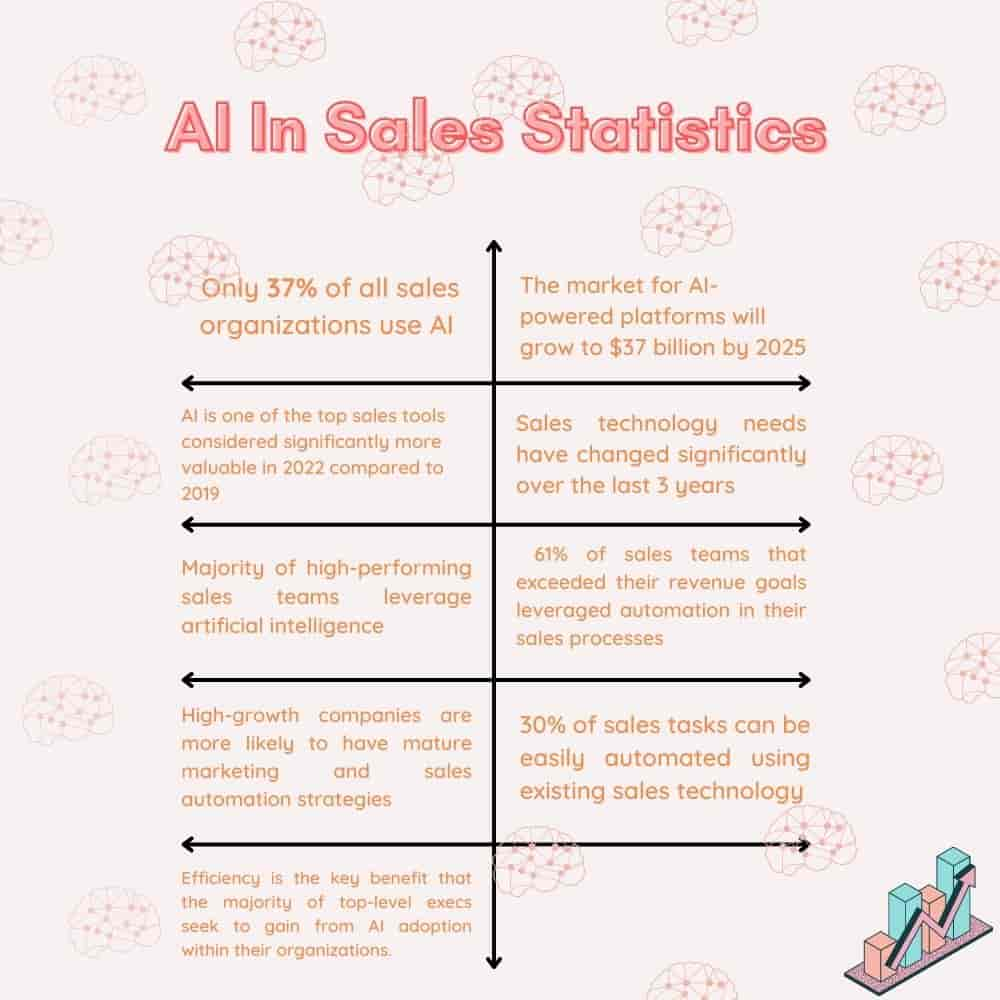
Popular AI Sales Tools
If any of these use cases resonate with your sales team, it’s time to start looking for the right AI solution. Here are a few acclaimed AI Sales tools your organization can leverage.
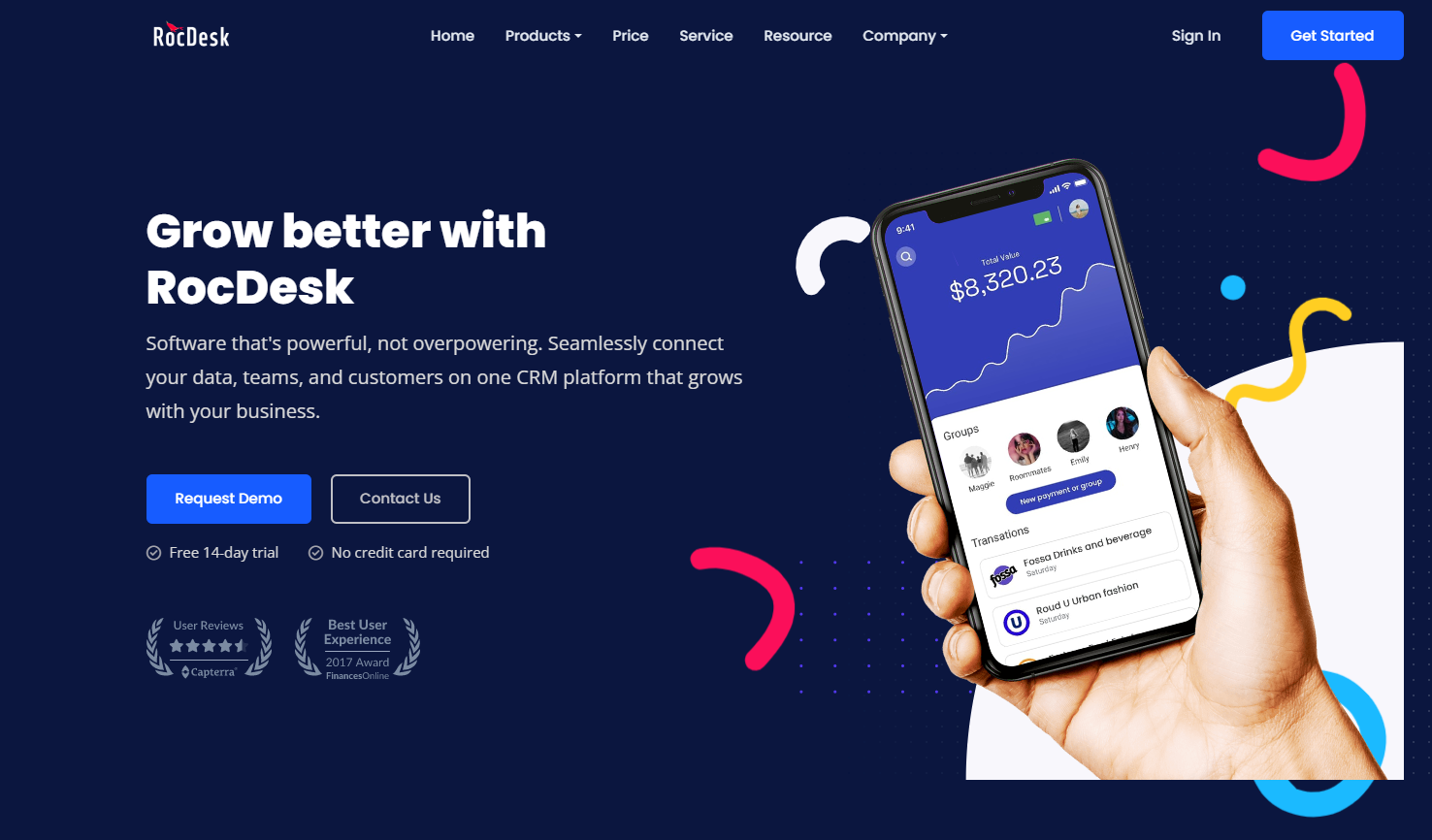
RocDesk's Sales Hub is a robust customer relationship management (CRM) tool for salespeople and sales teams. This platform offers a comprehensive solution. From forecasting to prospecting and even scheduling meetings, you’ll find ways to improve your workflow.
Sales Hub also leverages artificial intelligence to gather data from your prospects and customers. Key features include:
Data enrichment. AI automatically populates your CMS by pulling contact properties from email conversations with prospects, leads, or customers. This data could be phone numbers, geographical locations, job titles, and more.
Pricing: These features are only available in premium editions of the Sales Hub and Service Hub. Both start at $239 a month or $1029 a month.
Leveraging Artificial Intelligence Based on Your Sales Needs
As you’ve seen, there is no one way of using artificial intelligence in your sales processes. Odds are you’re already doing so with one or more tools in your sales tech stack.
However, if you’d like to become more deliberate about incorporating AI into your sales process, a good starting point is to figure out which aspects of your process can be simplified or optimized.
From there, it's about identifying the tools that suit your unique needs.
